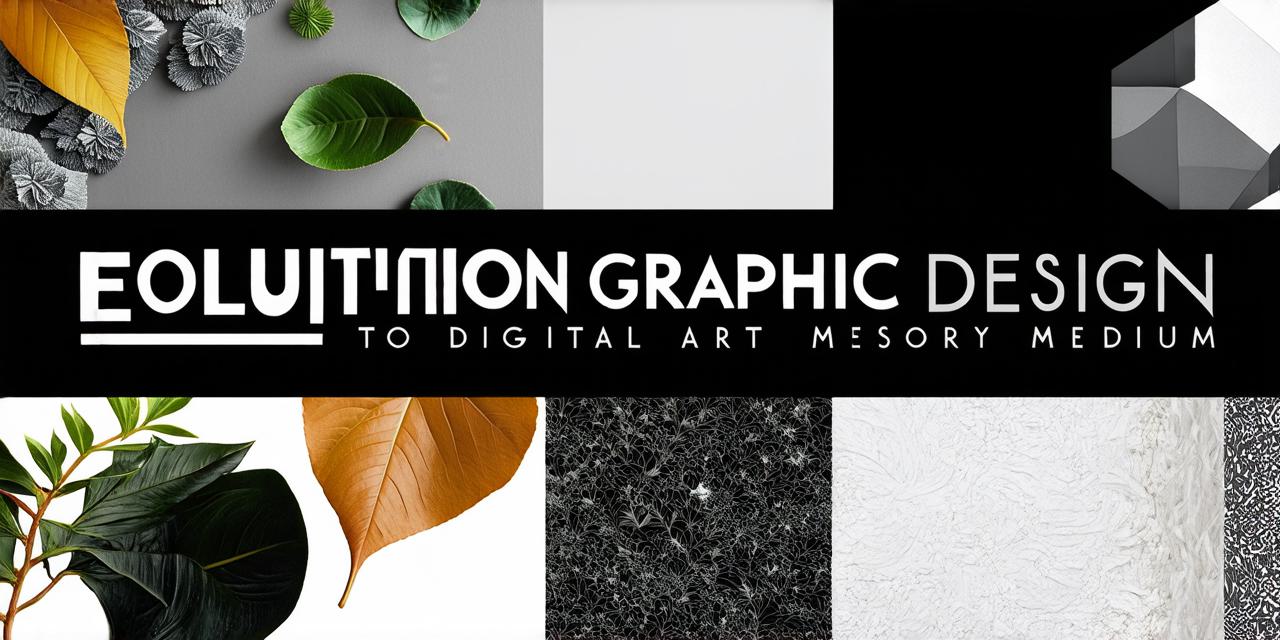Digital design has become an integral part of our daily lives, with companies relying on skilled designers to create visually appealing websites, user-friendly apps, and engaging advertisements. In this article, we will discuss the essential skills that every digital designer should possess to succeed in today’s digital world.
1. User Experience (UX) Design:
User experience (UX) design is a vital skill for any digital designer. It involves designing products or services that provide a positive experience for users while meeting their needs. A good UX designer understands how users interact with digital products and designs them to be intuitive, accessible, and easy to use.
This includes researching user behavior, creating wireframes and prototypes, testing and iterating on designs, and ensuring that the final product is accessible and user-friendly for all users.
2. Visual Design:
Visual design involves creating visually appealing designs that are both aesthetically pleasing and functional. This includes designing logos, typography, color schemes, and layouts that are easy on the eyes and effectively communicate the intended message.
A strong visual designer has a keen eye for detail and can create designs that are both unique and effective. This also involves understanding color theory, typography, and design principles to create balanced compositions that are visually appealing and engaging.
3. Coding and Development:
While not required for every digital design role, having coding and development skills can be incredibly useful. With coding and development skills, designers can bring their ideas to life and create custom solutions that meet the specific needs of their clients.
This also allows designers to have a deeper understanding of how their designs work, which can lead to more effective and efficient designs in the future. Coding and development skills are essential for web development, mobile app development, and other forms of digital design.
4. Communication and Collaboration:
Effective communication and collaboration are essential skills for any digital designer. Digital design often involves working with a team of people, including clients, developers, and other designers. Being able to clearly communicate ideas and collaborate effectively with others is crucial to ensure that projects are completed on time and to the satisfaction of all parties involved.
This includes being able to present ideas clearly and concisely, listening actively to feedback from others, and being open to new perspectives and approaches.
5. Adaptability and Flexibility:
Digital design is a constantly evolving field, and designers must be adaptable and flexible to keep up with new technologies and trends. This includes staying up-to-date with new design tools and software, as well as being open to new ideas and approaches.
A good designer is someone who can think on their feet and adapt to changing circumstances as needed. This also involves being willing to learn new skills and embrace new technologies to keep up with the constantly changing landscape of digital design.
6. Portfolio and Branding:
A strong portfolio and personal brand are essential for any digital designer looking to attract clients and stand out in a competitive market. This includes having a well-designed website that showcases your work, as well as developing a personal brand that reflects your unique skills and strengths.
A good portfolio should include a variety of projects that demonstrate your expertise in different areas of design, including user experience, visual design, coding and development, and communication and collaboration.
7. Time Management and Organization:
Time management and organization are essential skills for any digital designer looking to meet deadlines and manage multiple projects simultaneously. This includes being able to prioritize tasks, set realistic timelines, and stay on track throughout the design process.
A good designer is someone who can effectively manage their time and workload, allowing them to deliver high-quality work on time and within budget. This also involves being able to manage multiple projects at once and delegate tasks when necessary to ensure that deadlines are met.

Summary:
In conclusion, mastering essential skills for digital designers is crucial to succeed in today’s digital world. From UX design to coding and development, communication and collaboration to adaptability and flexibility, these skills are all critical to success in the field. By developing a strong set of these skills, digital designers can attract more clients, build a successful career, and create visually appealing designs that meet the needs of their clients and users alike. It is important for digital designers to constantly update their skills and knowledge to stay competitive in the industry and deliver high-quality work that meets the evolving needs of their clients.



